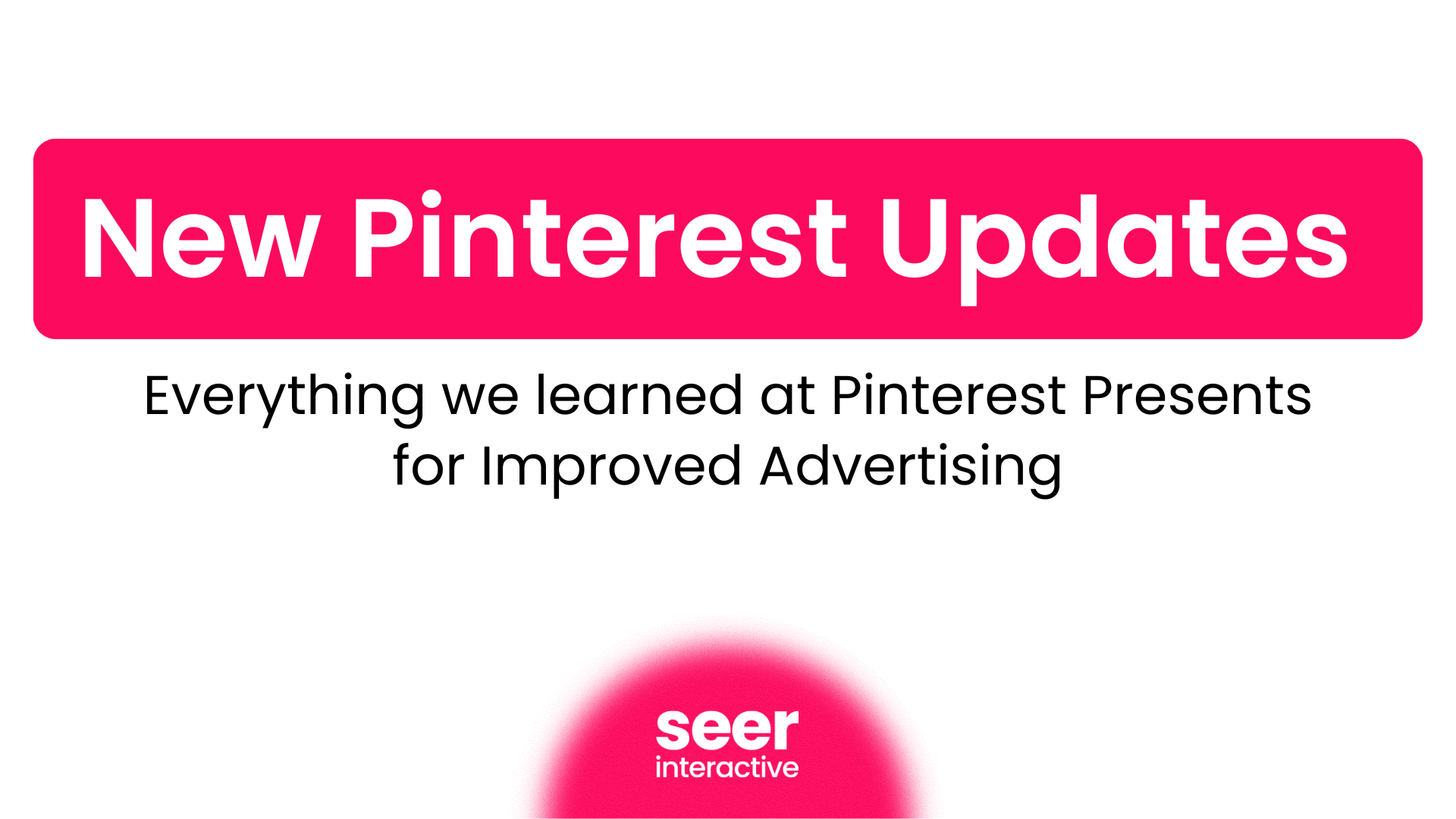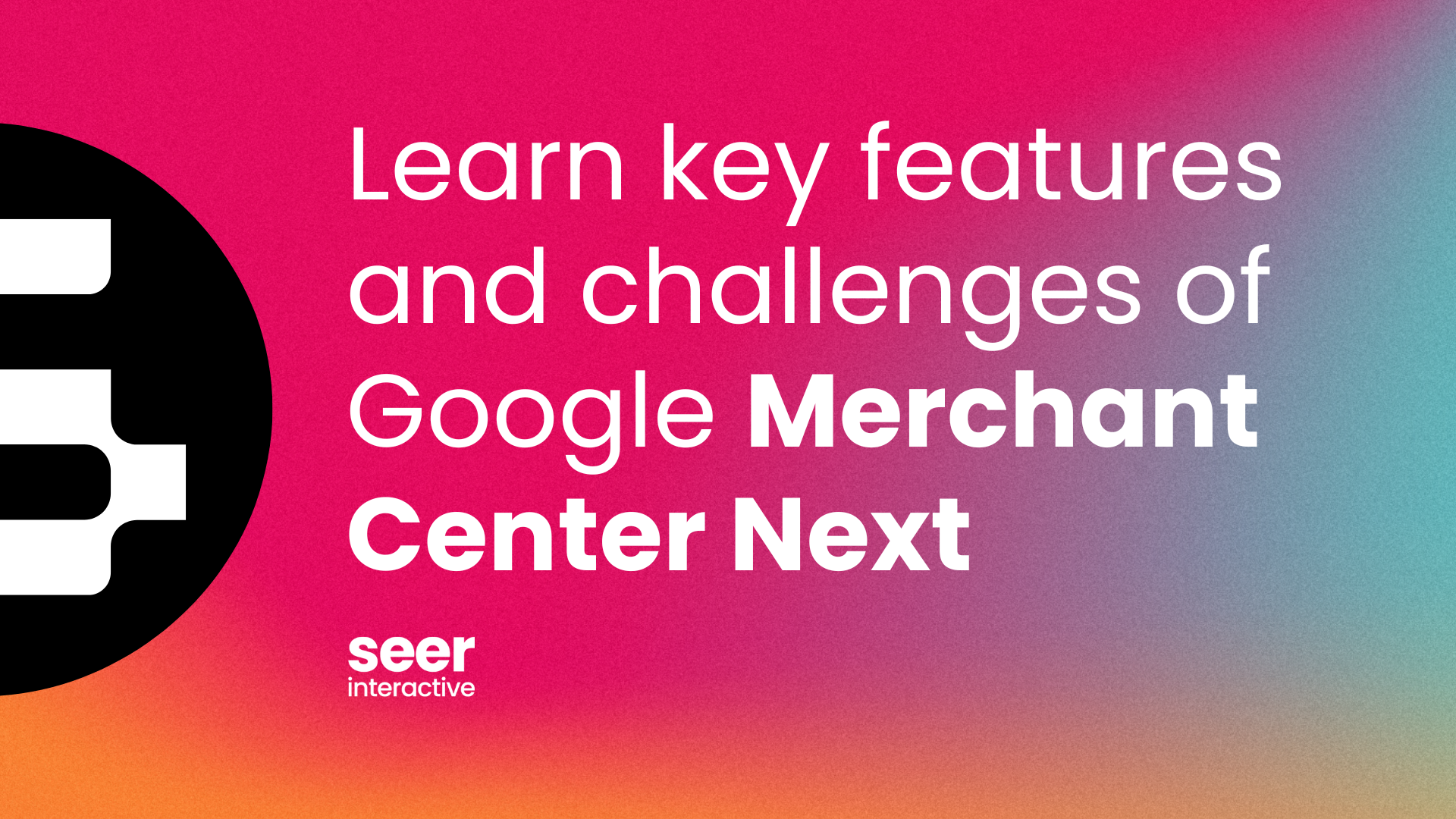I know there is a lot of discontent out there about the low quality and Spam traffic of the Yahoo and Bing search partners. I am actually a huge whiner about the Search Partners (as evidenced in my previous post) and have excluded them all together for certain clients. Weeding through the bad sites to find the few gems sometimes is just not worth the time. (Details on how to do this are included in PPC Blog's post here).
However, just blindly excluding all search partners may not always be the optimal choice for all clients. I currently have a finance client and have noticed that Bing has consistently outperformed Google in terms of CPA. I also noticed that I was receiving a considerable amount of quality traffic from Bing, which in many verticals is not the case.
I started digging into why and ran a publisher report to see where my ads were showing up.
Again not all BING SEARCH PARTNERS are low quality.
Below are some hidden gems that are actually Bing Search Partners, such as the entire Wall Street Journal - Digital Network.
This network includes but is not limited to:
- WSJ
- Barron's
- MarketWatch
- SmartMoney
In addition to the high quality Money sites above, CNBC is also among the Bing/Yahoo search partners. I could not ask for better publisher sites than the ones listed above a client in the financial field.
Below is an example of how your ad may appear.

Barron's and WSJ are publications that advertisers probably spend thousands, if not hundreds of thousands, of dollars on to show up in their print publication.
I may be biased as an Internet Marketer, but Id much rather spend my money on a medium that I can track so I can get in front of the same audience and show up when someone searches on Barron's topics of interest to them. I am not saying that advertising in the print publication does not have value, as it is great way to create brand awareness on products and services that one is not yet aware of, which is a limitation of search. When a product gets hot or already is popular, being able to show up on these vertical sites when someone searches and to only pay when someone clicks on an ad is an enormous opportunity.
In addition to these premium search partners listed above there is also Yahoo Finance, which is part of the Bing/Yahoo search properties.
Below is a post dating back to 2009, which shows the relative strength of Yahoo Finance over Google Finance. I was searching for a more recent post on this, but could not find one. If anyone has more recent data on the relative market share, please comment on this post!
The graph below shows the growth in Yahoo Finance over time taken from Quantcast. ( I attempted to pull the same graph for Google Finance, but given the fact that Google Finance is Google.com/Finance, I was getting all of Google market share, which, to answer your question, is more than Yahoo Finance.) 
Recently, I began testing a new strategy where I am only targeting the Search Partners for certain ad groups.
I am bidding on broader terms that I would not necessarily want to come up on if someone was searching these terms just on Bing. However, if someone is searching on one of these premium vertical sites than I want to be there. An example of this reasoning is as follows:
Let's say you sell high end designer shoes, if someone on Bing searches shoes, you may not want your ad to serve. However, if someone were to search shoes on the Neiman Marcus site than you would want your ad to appear.
The one problem with this strategy is that you cannot pick what placements you want to show up on. You can however, exclude sites. This is where continuous monitoring of your search partners is essential.
The ability to exclude search partners, as well as only targeting search partners, is actually one of the few areas that Bing is doing than better than Google.
One may argue that Bing has to do this better is because now that they inherited the Yahoo search partners there is a lot of Spam on the partner sites. There are inherent differences when someone searches on a thematic vertical partner site than on the engine themselves.As such,the ability to target them separately is a huge benefit. Google take note! This is one of the few places you can learn from Bing.
In short, the big lesson here is that not all Bing search partners are bad and you should test before excluding all search partners As in the finance vertical there may be diamonds in the rough for your industry.

